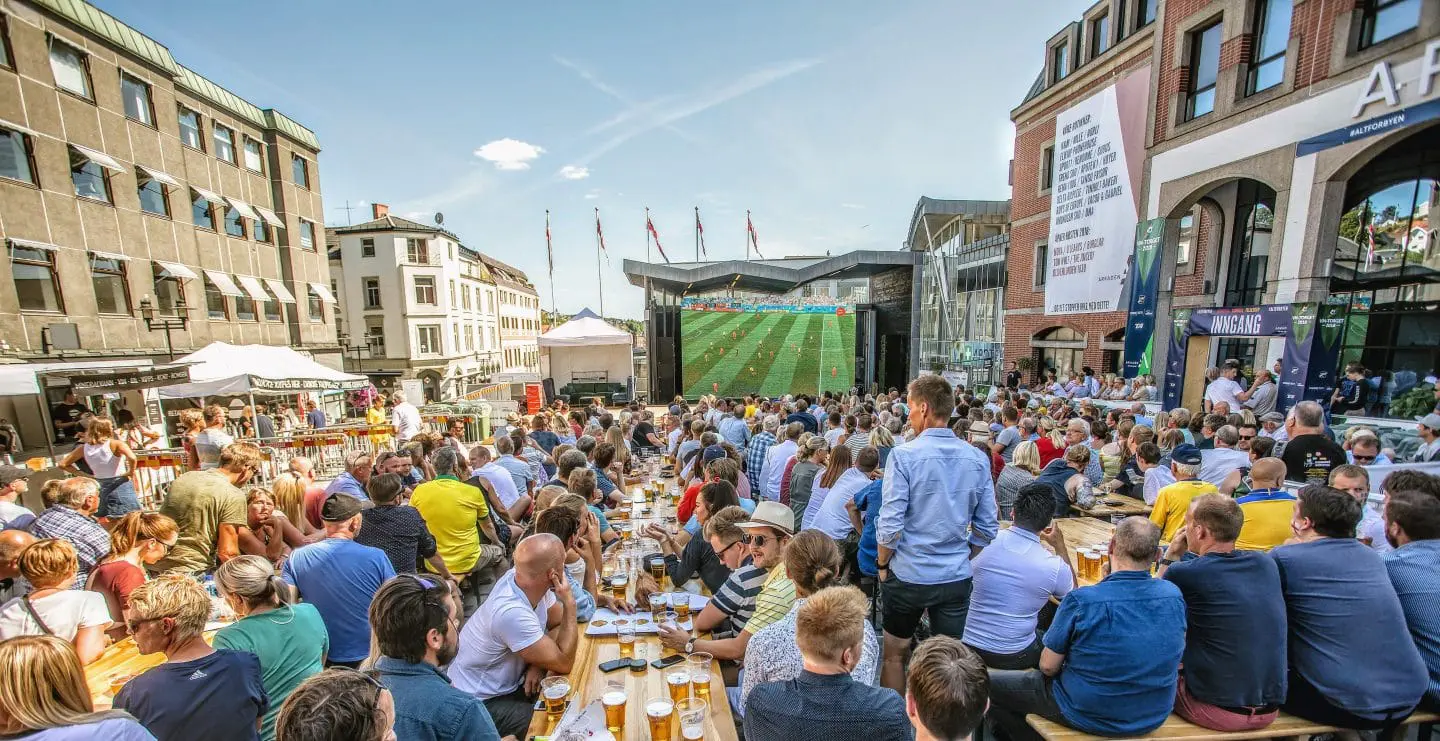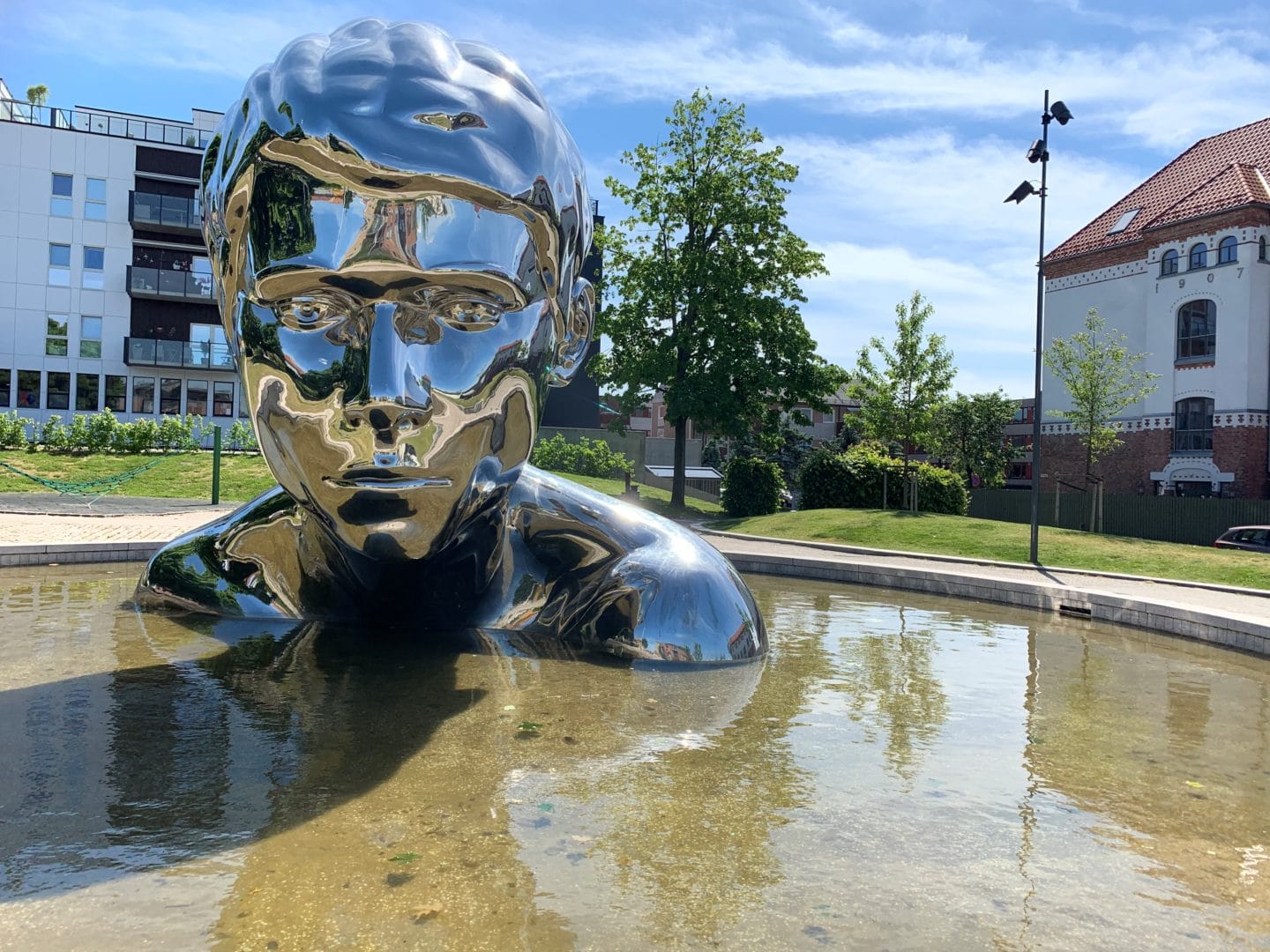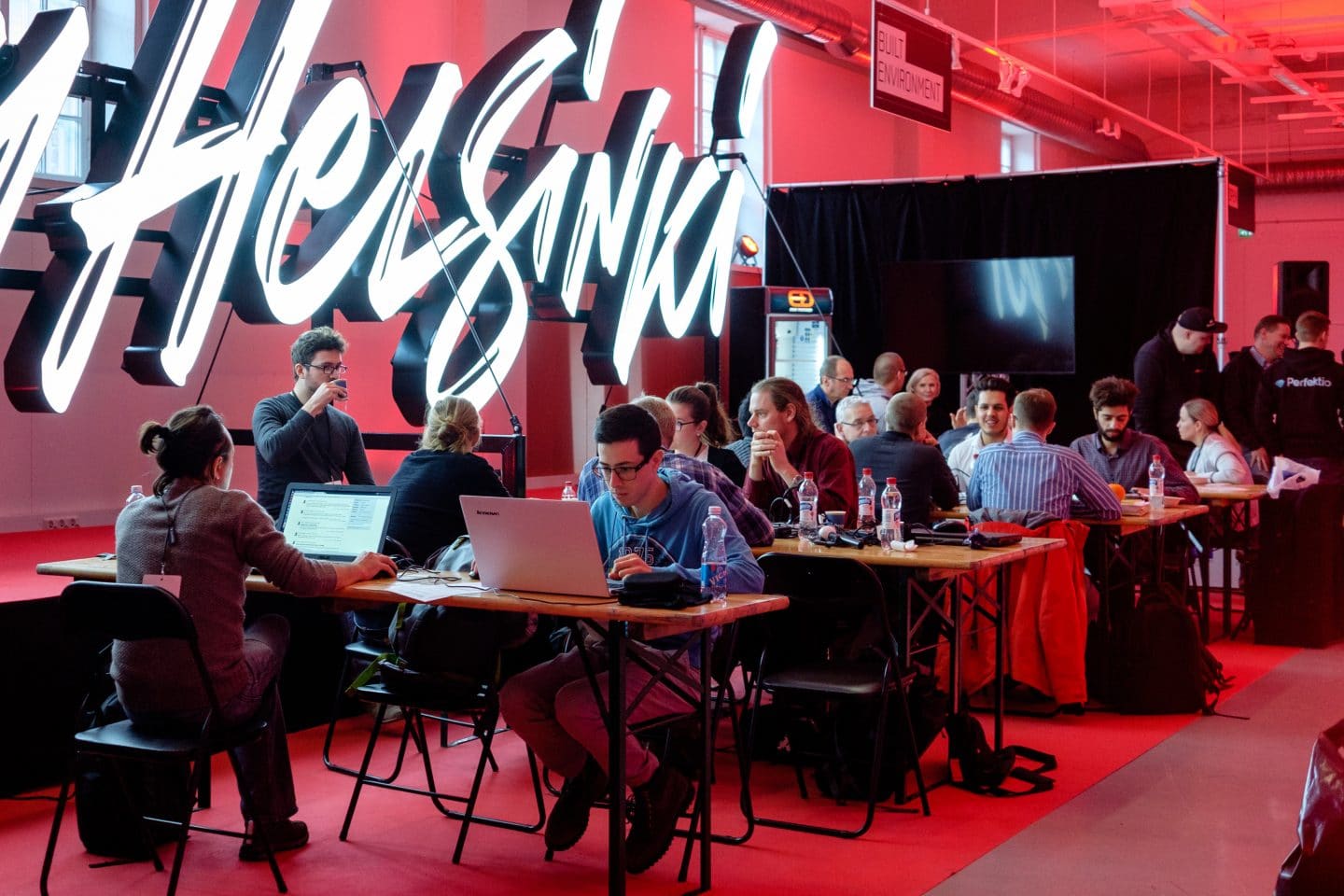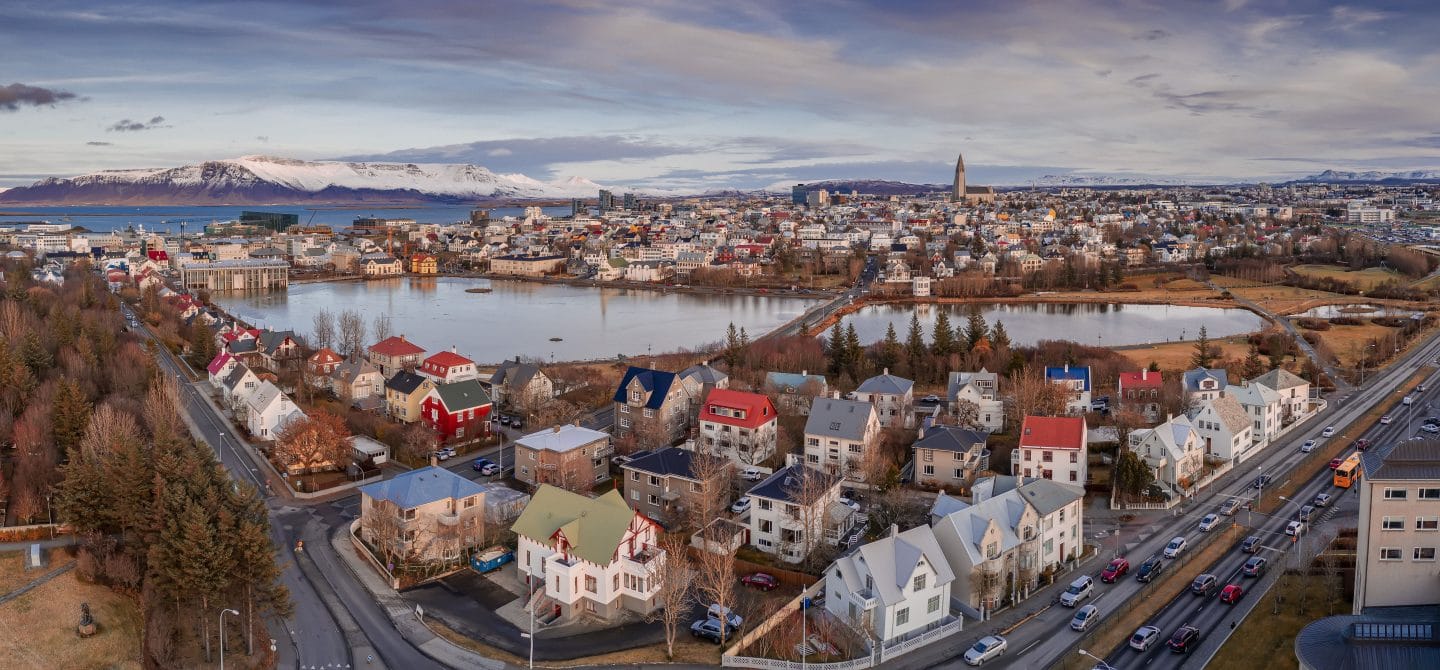Safe City Action

Skien and Nordic Safe Cities will take action to expand the city officials’ knowledge base and increase the dialogue between minority and majority populations through new initiatives.
City Portrait
Skien is the capital of Vestfold and Telemark with about 55.000 inhabitants. Founded around the year 1000, it is one of Norway’s eldest cities, and the only medieval town not founded by a king. Skien is an old Viking town, which from the 16th century became one of the most important commercial and cultural centers. Skien retained its position as one of Norway’s foremost cities until the early 1800s and is now an area of technological development and knowledge-based industries. Skien is the birthplace of playwright Henrik Ibsen, a founder of modernism in theatre, and port to Norway’s most stunning canal with river locks flowing throughout Telemark. The population is multicultural with minority citizens making up around 14%. The people of Skien are adaptable with the capacity to cope with big industrial transformations, from heavy industry in the past to more dynamic and innovative businesses today.
Safe City Challenges
Although the general standard of living is quite high in Skien, about 8.3% of the population live under cramped conditions and approx. 17% of children and young people live in households with persistently low incomes. Skien houses a high-risk prison, substance abuse and psychiatric facilities and child welfare institutions, which also pose a number of challenges related to public intoxication, substance abuse and criminal activity. However, Skien is not an inherently insecure city and 73% of the population report to generally feel safe in their neighborhoods. The city is dealing with challenges stemming from socio-economic inequalities that have resulted in marginalised groups who are or feel left out of the system. Since 2014, Skien has worked systematically to enhance a feeling of inclusion among its citizens and prevent the rise of extremist influences. The city participates in national and international networks and has had a number of competence-raising measures for residents and employees. City officials, the private sector and civil society cooperate to tackle issues related to social control, othering, radicalisation, hate speech etc.

Strategy
The city of Skien believes that is imperative to base efforts to prevent violent extremism, radicalisation and hate on the same fundamental principles that form the city’s general crime prevention strategy. An inclusive city where everyone has the opportunity to participate in decision-making processes based on their own resources and interests, will have a preventative effect on social exclusion, marginalization and crime. Skien’s goals are characterized by an inclusive workforce and society, which guide its approaches and activities.
Focus Areas
The City of Skien currently focuses on the following:
- Cross-sectoral efforts to counter social inequality
- Measures that build dialogue between minority and majority groups – contact forum
- Increased knowledge of violent extremism and hate speech
- Dialogue conferences for young people through #unghverdag (#youngeveryday)
- Inter-municipal network with Larvik, Tønsberg and Sandefjord municipality.
- Participation in the Gjensidige Foundation’s project “Trygg by” (Safe city).
Good Practise
Teaching program for upper secondary students – Hate speech, hate crime and violent extremism
The educational program is taught to upper secondary schools with the local action counsellor as part of the effort to ‘Prevent hate crime and violent extremism’ in Skien municipality. The schools are also offered lectures for staff, students and guardians related to the theme. The educational program is carried out as part of Telemark County Council’s work to strengthen the health-promoting and preventative work in upper secondary schools, with a special emphasis on the psychosocial environment.
The goal of the program is for the student to be able to:
- analyse the extent of various forms of crime and abuse and discuss how such actions can be prevented and how the rule of law works
- discuss how religious, ethnic and cultural variation can creates opportunities and challenges
- discuss the causes of prejudice, racism and discrimination and what measures can counteract this
Read more here



